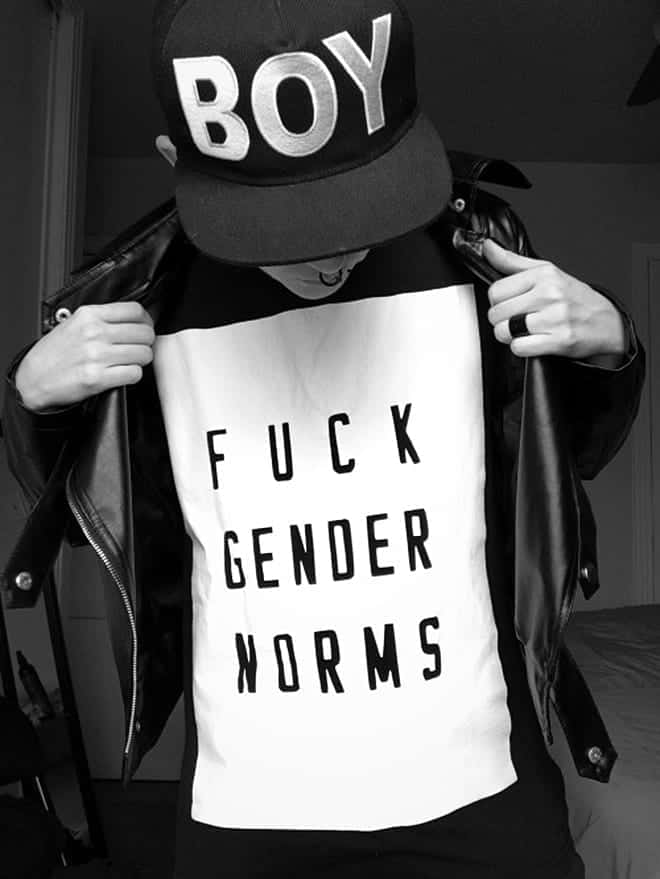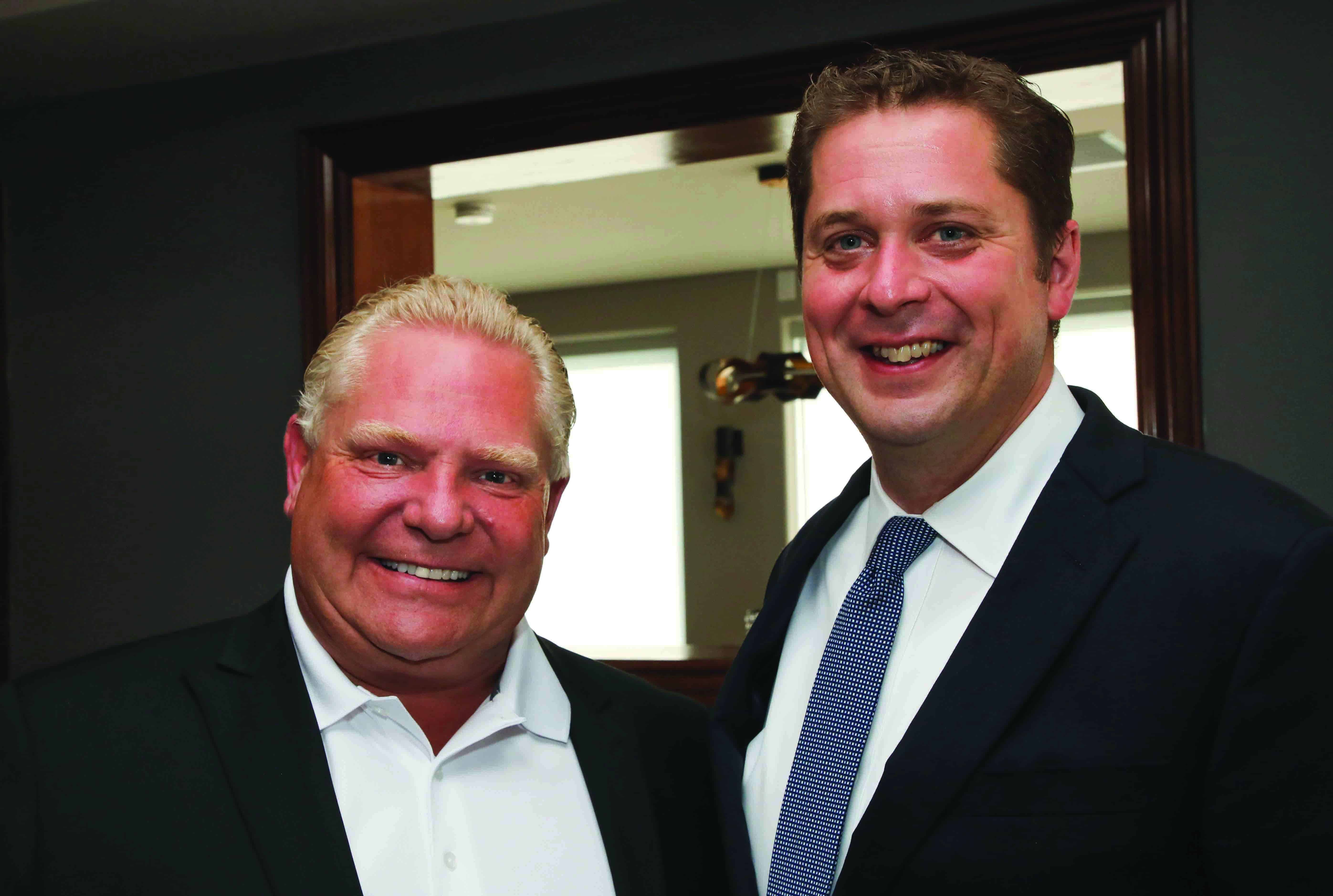Advancing the discussion on transgender rights in Saskatchewan

Author: jael bartnik | multimedia editor
Gender identity is a very important part of how we define ourselves as people.
Being able to express your gender inside and out is a luxury that many cisgender people take for granted. This is a notion that governments have overlooked in terms of government-issued identification and the rights of Trans* and non-binary individuals. Until recently, transgender people who sought to change the gender on their government documentation were required to provide proof of surgery in order to change the gender on their government ID. This has been marginalizing Trans* and non-binary people who do not get surgery. This legislative change is an important part of history, not only for the people who are now able to express the gender that they identify with, but also to encourage dialogue about gender expression in our province. However, this does not solve the issue of how people view gender and the social views of gender expression.
Whether or not a person feels that it is part of their journey to get gender-confirming surgeries is completely up to them and government documentation should reflect this choice. Trans* and non-binary folks are able to seek other ways of expressing their gender. Further, to assume that a medical route is the only avenue of a Trans* person to express their gender delegitimizes Trans* identities.
In addition, Saskatchewan is limited as far as doctors who are willing to treat patients who may be seeking medical means to confirm their gender. Also, the medical community also doesn’t have a positive relationship with the Trans* community. Being Trans* has been labeled as a mental disorder in the past, which it clearly is not. Surgeries are also expensive and not always accessible. If a Trans* person is in danger of losing their job or house, then it is unlikely that they are able to afford gender confirming surgery or hormone replacement therapy. The alteration to legislation is a good start, but a more flexible view of gender and a more equitable view within our medical system needs to occur.
The non-binary nature of gender needs to be taken into consideration regarding mandatory gender self-identification and required paperwork. There are very limited to almost no forms of documentation that offer options other than male or female. For example, a person who identifies as agender or gender neutral have no options for identification. Altering the law to become more inclusive for Trans* communities who are not seeking gender-confirming surgery is a start, but the binary perception of gender inhibits cis folks from interpreting legislature that is more equitable for those who don’t fit under the category of male or female.
Cisgender individuals need to realize that they carry privilege in gender identification as cisgender people have the luxury of being able to freely expressing their gender. It will be a long and difficult road to abandon binary thinking. When a privileged opinion dominates a space socially, it still greatly affects how we interpret the rights of others. Equity becomes less important if the privileged majority is still being taught that there is only one way of viewing gender expression. It’s time for us cisgenders to realize that we have privilege. Pointing this out isn’t meant to fault cisgender people, but to make social change. Advocacy for Trans* rights will require accessible information and those in positions of power to think about how we consider gender in terms of identification and documentation from a different perspective. One must listen within the discussion and stop thinking of their perspective as the only way of interpreting gender expression.
You should not have to lobby for your identity. Still, if our social understanding remains attached to a narrow-minded binary, then change will continue to be slow and full of obstacles.









